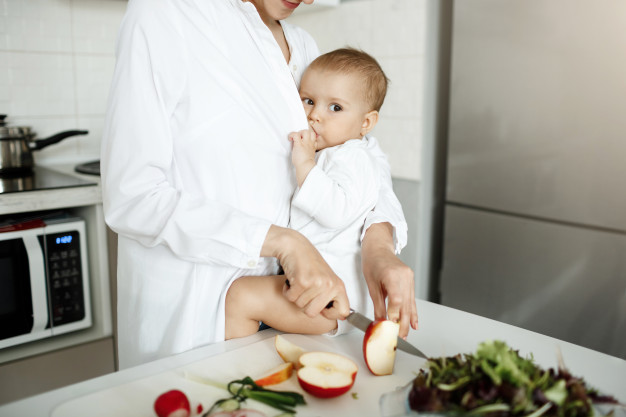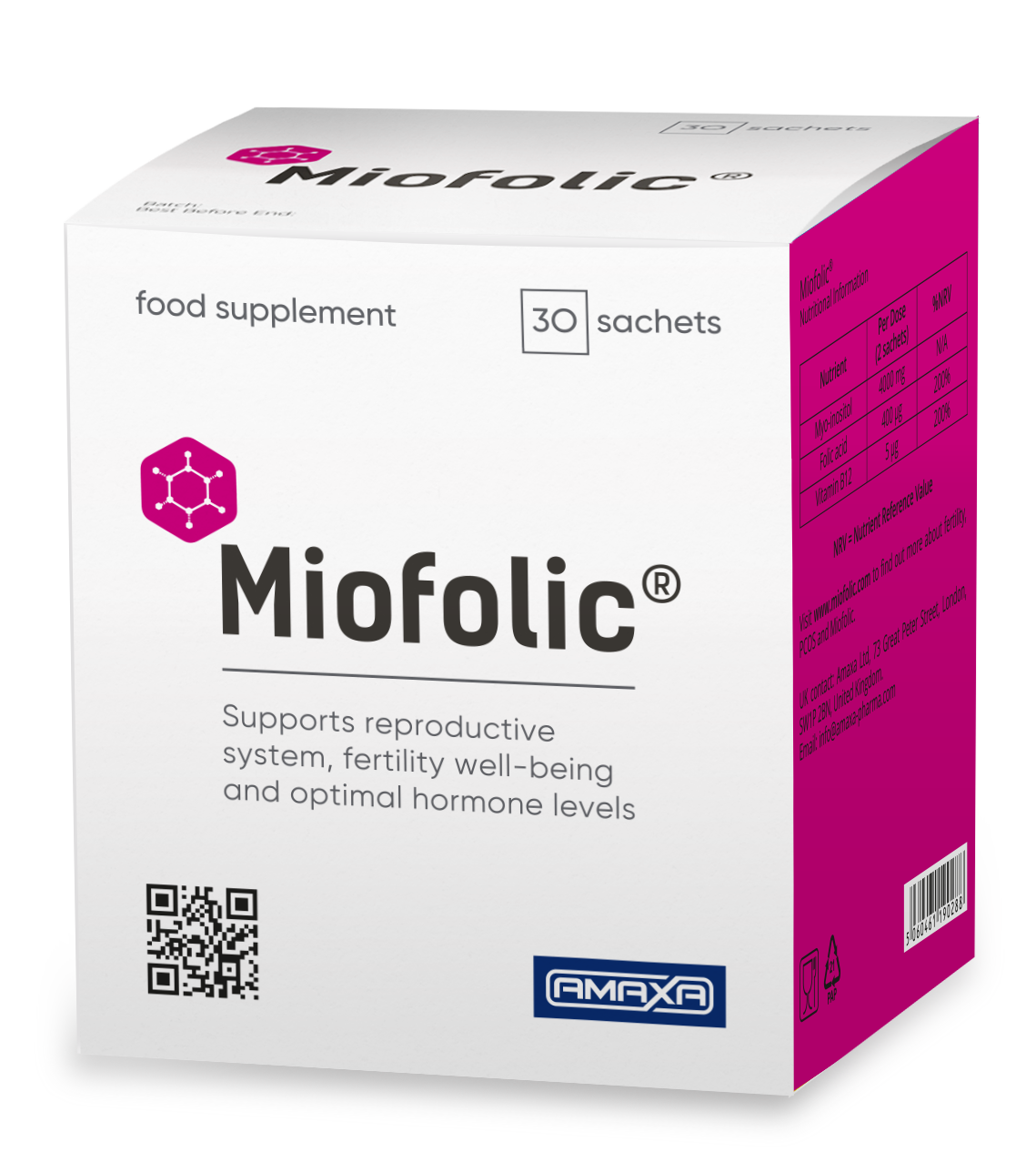Basic diet rules during lactation

Diet after childbirthduring lactation is an essential component of normal growth and development of a newborn baby.
From the first days of her child’s birth, a woman should pay attention to her daily diet, adhering to special foods that improve the quality and quantity of breast milk.
The right balance of necessary substances in the diet is a key factor in determining the health of both the baby and the mother, whose body is also in need of vitamins, trace elements and other useful compounds.
The menu for the nursing mother is made taking into account the main principles, among which:
- Eat regular meals divided into three main meals and two full snacks
- Avoid being hungry
- Ensure food contains all the necessary nutrients to ensure the critical needs of mother and baby
- No alcohol or caffeine
- Eat a balanced diet
- Set an adequate drinking regime, a lactating woman should consume at least 1.6 liters of fluid per day for normal breast milk production
- Increase calorie intake to 2100-2200 kcal per day and no less than 1800
Preferred foods after childbirth
- meat and fish containing animal protein, as well as well-boiled seafood
- milk and dairy products (a valuable calcium source) that have undergone heat pretreatment or pasteurization
- sea salt, enriched with iodine
- rabbit meat and beef liver, which are natural sources of iron
- cereals, including buckwheat, millet and oats, which normalize digestion and saturate the body with a vitamin-mineral complex
- nuts and dried fruits, wheat bran and pumpkin seeds
- teas that increase lactation, teas produced from cumin, dill, licorice, dog rose and lemon balm
During breastfeeding, it’s important for the body to receive sufficient polyunsaturated fatty acids, including omega-3 and omega-6. These ensure the normal development of the baby’s nervous system, and contribute to the elimination of adverse cardiovascular events in both the child and the mother. Polyunsaturated fatty acids can be found in vegetable oil, fish, seeds and nuts.
Why is it important to prepare for pregnancy?
When a woman becomes pregnant, she experiences significant changes in body and mind. Her body needs to carry a baby for nine months to give life to a new human being. She might find that her goals, moods and attitudes towards herself and others are different. It’s important, therefore, to make sure that her body is ready to conceive, bear and give birth to a healthy baby.
Losing weight following childbirth
Many new mothers worry about returning to their natural weight after childbirth, especially as the diet following childbirth involves increasing calorie intake.
However, breast milk production requires 500 to 800 calories a day. Also, a woman uses more energy getting up in the night, emotional stress, frequent walks with the baby, attending to baby and so on. If a woman observes all the recommendations for diet during lactation, she doesn’t need to stint on food. If she eats healthily, the extra kilograms will go away on their own.
